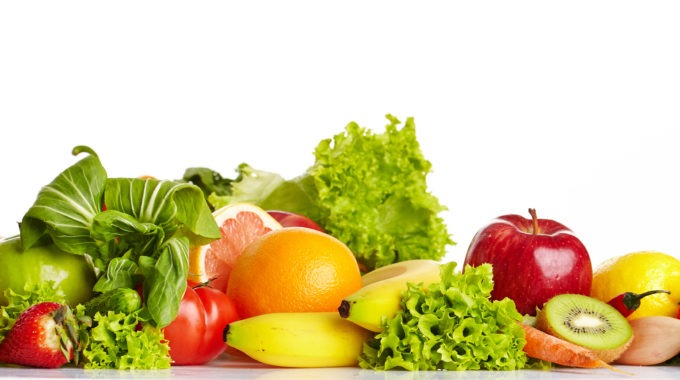What is nutrient bioavailability?
The human body is a sophisticated machine that processes the foods we eat so we can absorb the nutrients we need. As you prep, bite, chew and digest, you create a series of mechanical and chemical changes that affect the food’s nutritional content and nutrient bioavailability. This refers to the amount of a nutrient that has an active effect within our bodies. Several external factors influence the bioavailability of nutrients. These include the structure of the food you eat and the chemical form of the nutrient in question. Internal factors such as gender, age, health status, nutrient status and pregnancy also play a part.

Here’s how to increase nutrient bioavailability:
FOOD PREP: Cutting up fruit and vegies makes nutrients more available by breaking down the rigid plant cell walls. Soaking or sprouting nuts, grains and beans reduces the anti-nutrient phytic acid, which may block the absorption of some minerals.
EAT LOCAL AND IN SEASON: Eating locally grown food maximises nutrients. Because local produce doesn’t need to be harvested prematurely, nutrient value isn’t depleted during transport and storage.
FOOD STORAGE: Heat, light and oxygen can degrade nutrients. Store all veg except root veg in the fridge. Keep all fruits except berries at room temperature, away from direct light.
COOKING VEG: Some foods deliver the most nutrients when cooked. For example, cooking tomatoes significantly increases the bioavailability of lycopene. Beta carotene bioavailability significantly increases when you cook carrots, sweet potatoes and spinach.
PAIRING FOODS: Eating foods that contain the fat-soluble vitamins A, D, E and K with fats helps with absorption. Sweet potatoes and carrots contain vitamin A. Olive oil, coconut oil or butter would be a good pairing with these. Foods containing iron should be paired with those containing vitamin C. This helps to increase iron absorption. Try a spinach salad with strawberries and a squeeze of lemon.
EAT FERMENTED FOODS: The fermentation process helps break down sugars, starch, indigestible fibre and proteins. Fermentation also enhances the antioxidant activity of phenolic compounds and lowers the negative impact of anti-nutrients.
Lidia Gled BHSc, ND (Australia), RNCP has been involved in the natural healthcare industry since 2004. She’s also an expert for Whole Earth & Sea.









